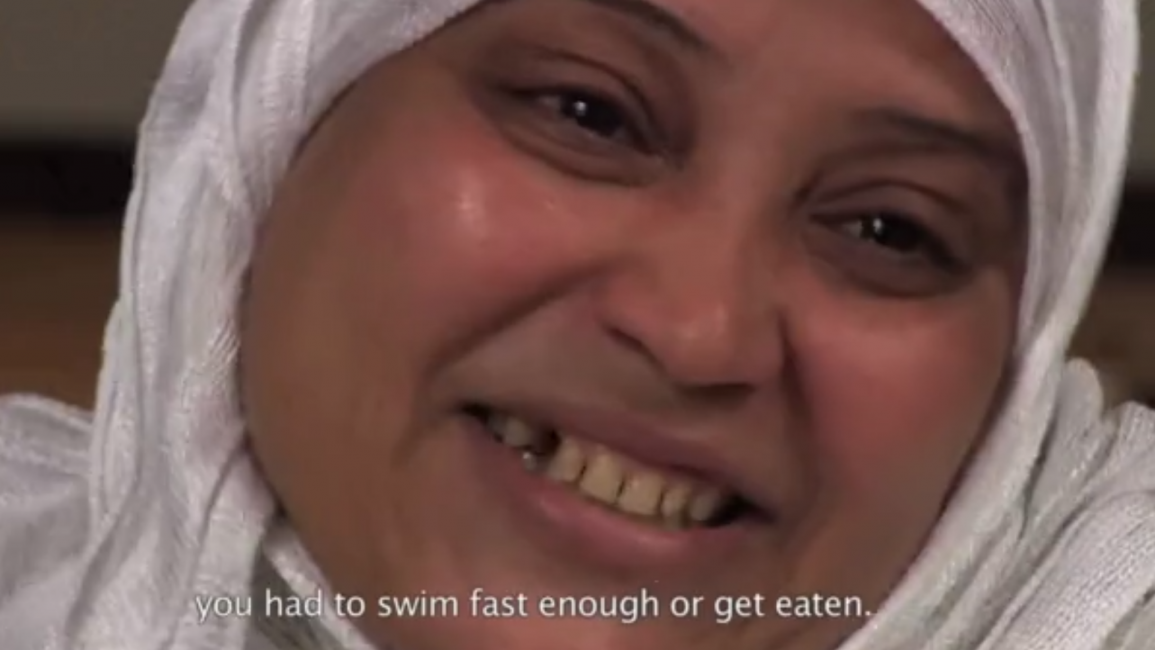
Documentary focuses on Egypt's 'husband murderers'
Aida El Kashef is asking for $26,000 to help obtain permits to film inside Cairo's notorious al-Qanatir prison and finish editing The Day I Ate The Fish.
"I [have] returned to a subject I was fascinated by when younger: women who killed their husbands. Women who took the ultimate step, made the decision from which there's no return," Kashef said.
"What is it that pushes some women to the edge? And does counter-violence always spur on more violence? Where does self-defence fit into this equation? They are angry, they must be: but are they cured, now, of their anger?"
Murder rates in Egypt have tripled since 2009, as the country continues to experience political and social turmoil post its 2011 revolution, according to 2014 UN report.
 |
|
| Kashef has been an advocate of women’s rights [Getty] |
The activist said the wave of sexual assaults following the 2011 revolution prompted her to start a civilian initiative to help women facing street harassment and group attacks.
"At the centre of the initiative was a question that was never resolved: after saving the girl, do we hand the attackers to the police? Or do we make an example of them: beat them, shame them? In the end, we couldn't do either. We could only try and save the women."
A 2013 UN report said that 99.3 percent of women in Egypt had been subjected to one form of sexual harassment or another.
Over the recent Eid al-Adha holiday, 447 incidents of verbal and physical sexual harassment were documented in Cairo alone by a human rights group.
Kashef was intensely involved in the 2011 protests in Tahrir Square, which was documented in the Oscar-nominated documentary film The Square.
Since then she has made several short films including A Tin Tale, which is about the life of a prostitute in Egypt, and took an acting role the Indian indie film Ship of Theseus.
Kashef has been an outspoken advocate of women's rights in Egypt. In 2013 she caused controversy after saying that sexual harassers should be "castrated".



